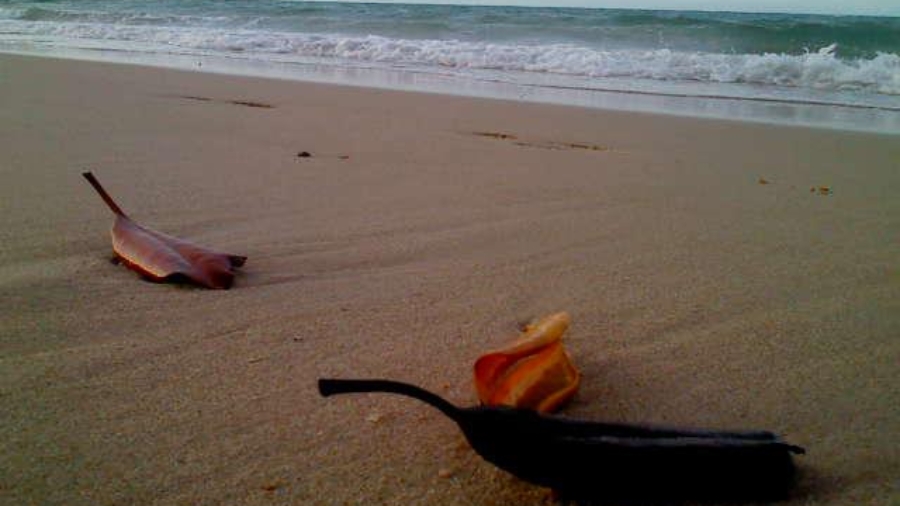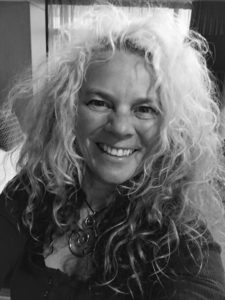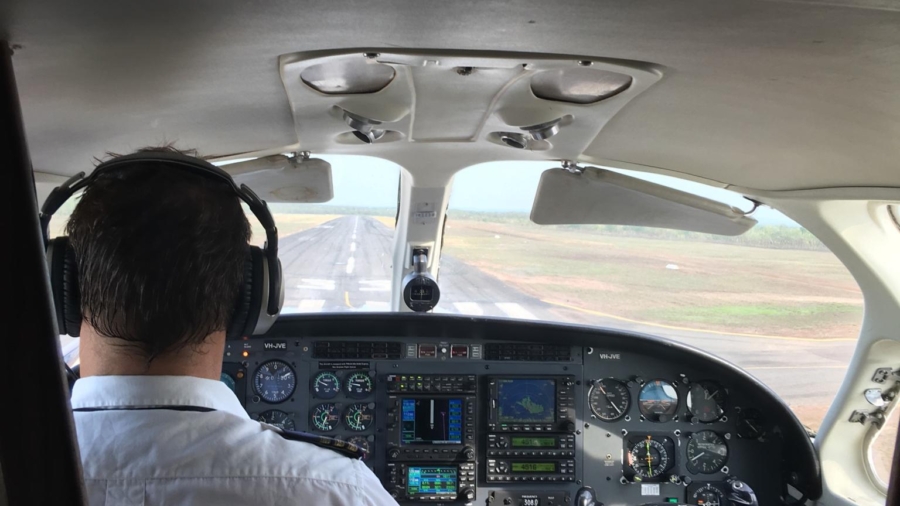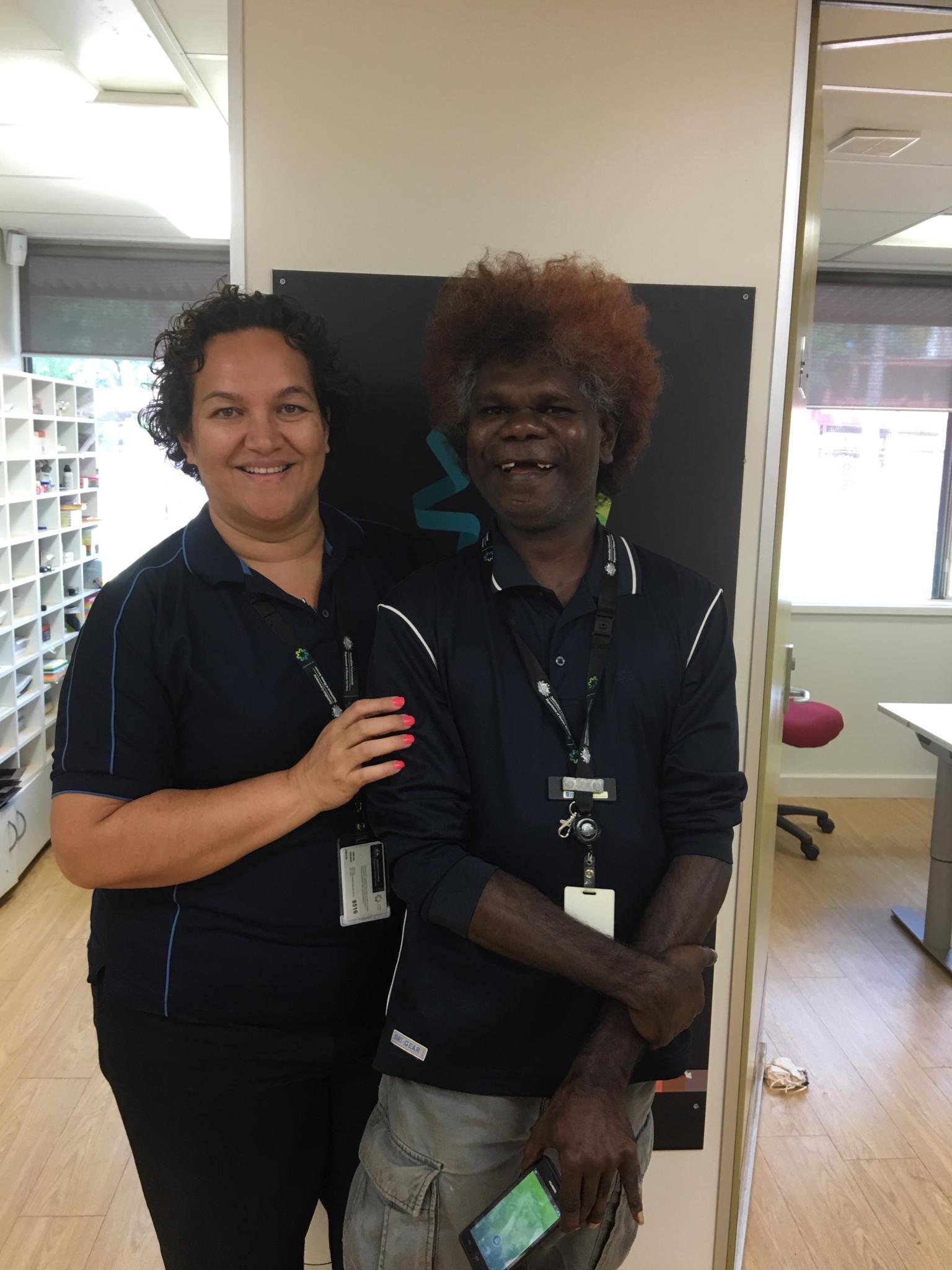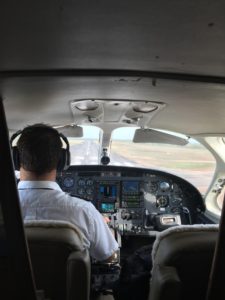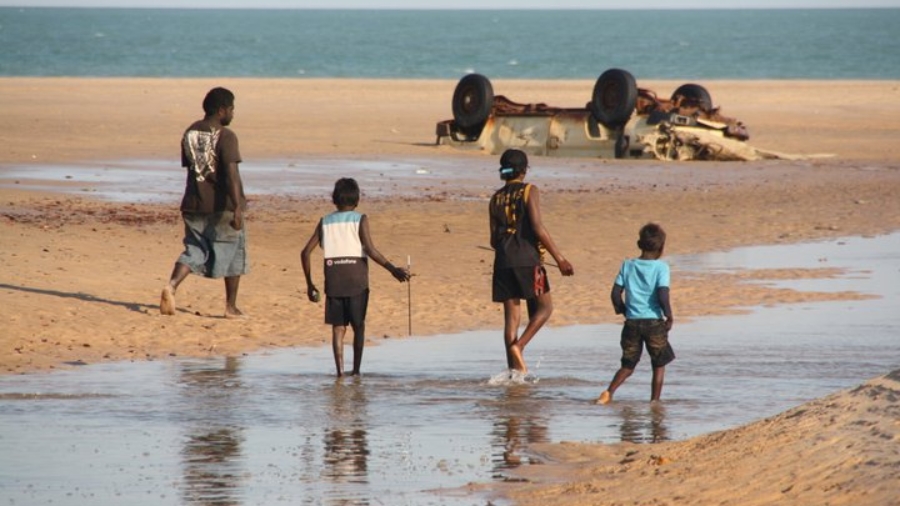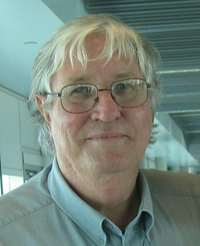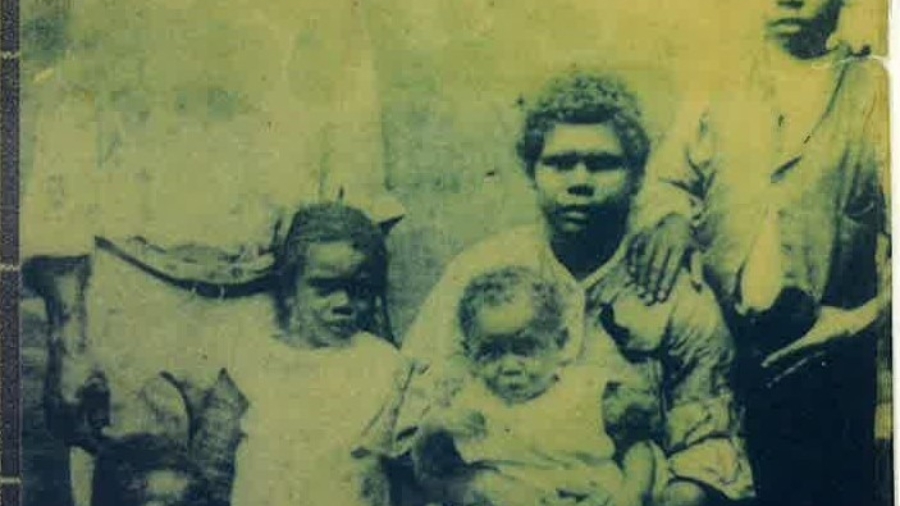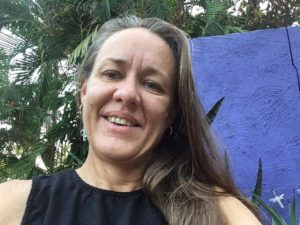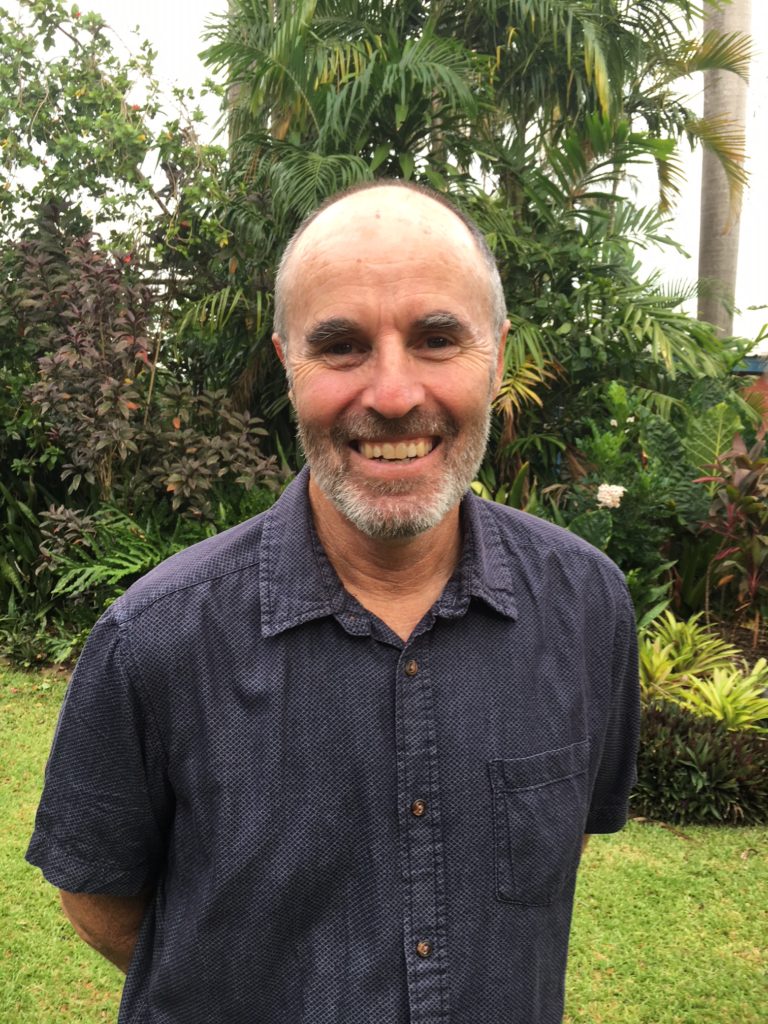 In this episode of Talk the Walk, we delve into the working life of Malcolm Galbraith, Manager of Families and Schools Together (FAST) in the Northern Territory. We discover not only what makes FAST one of the most successful strengths-based programs in remote Australia, but what drives the man behind the project. A man of strong Christian faith, Malcolm admits some of his ideas might be controversial, yet the evidence speaks for itself – Yolngu people love it! Before you scoff at the idea of bringing an American-based program into an Indigenous Australian context, listen to this story. As intriguing as it is thoughtful, this behind the scenes tour of FAST NT may just turn your worldview on its head.
In this episode of Talk the Walk, we delve into the working life of Malcolm Galbraith, Manager of Families and Schools Together (FAST) in the Northern Territory. We discover not only what makes FAST one of the most successful strengths-based programs in remote Australia, but what drives the man behind the project. A man of strong Christian faith, Malcolm admits some of his ideas might be controversial, yet the evidence speaks for itself – Yolngu people love it! Before you scoff at the idea of bringing an American-based program into an Indigenous Australian context, listen to this story. As intriguing as it is thoughtful, this behind the scenes tour of FAST NT may just turn your worldview on its head.
In episode 21 of Talk the Walk, we explore:
- The underpinning principles which contributes to the success of the FAST program working across cultures
- Essentials for engaging vulnerable Aboriginal families successfully
- The stories and symbols of meaning in the painting (pictured here) symbolising the work of FAST in remote communities, developed with Yolŋu staff of NE Arnhemland
- Malcolm’s journey from tradie, to youth worker, to heading up a Family Strengthening program in the Northern Territory
- The good old fashioned family values inherited from early life experiences that Malcolm brings to his Management role
- What values mean to Malcolm and how these spill over into workplace relationships, negotiating boundaries and understanding cultural differences
- The challenge of the concept of equity and how this plays out in the lives of people Malcolm works with
- What sets FAST apart from other NGO and Government service providers which has earned them respect from local communities
- The importance of self awareness when things don’t go as planned (because they won’t) and strengths-based routines with staff that bring out the best in each other, to promote the best outcomes for clients
- Indicators of success from FAST parents and teachers
- Malcolm’s influencers and how his Christian faith has shaped his life’s work and developed his “why’
- Malcolm’s disclosure around qualifications on paper versus good practice, and traversing the space between academia and field work
- The sorts of transferable skills, knowledge and values that is essential to this work
- And much, much more
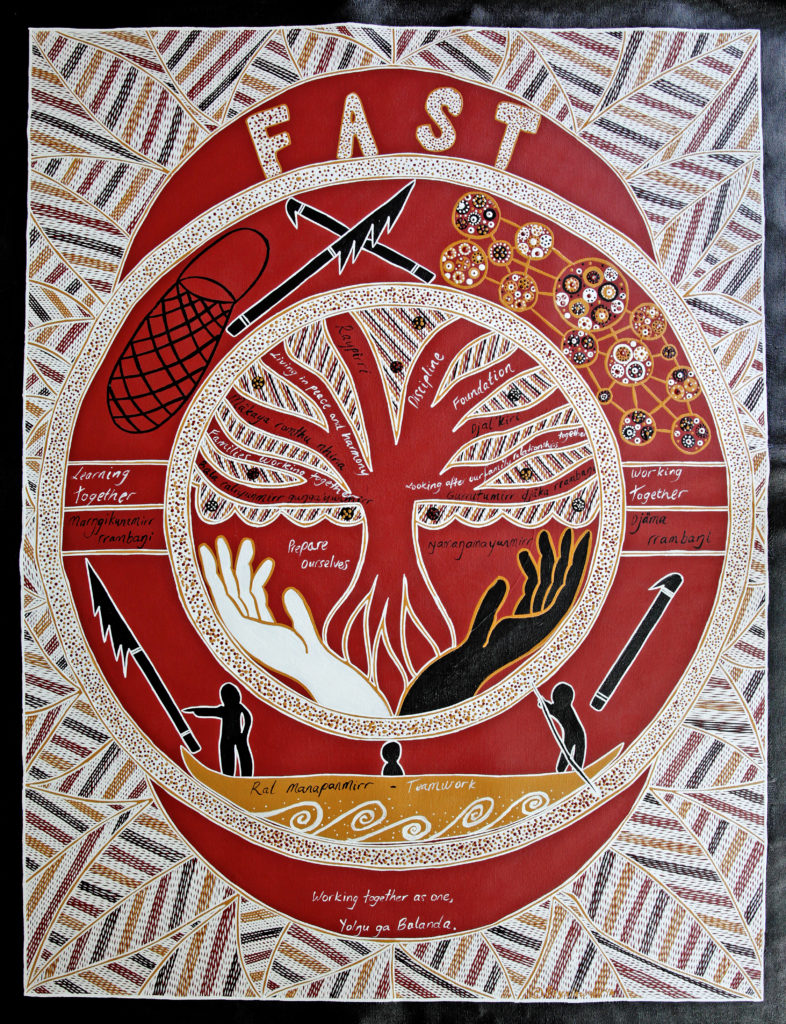
The painting was created by Yolŋu communities for FAST NT
To listen to this episode simply click on the Play button below or listen via the Stitcher App for iOS, Android, Nook and iPad.

You can also subscribe to podcast and blog updates via email from the Menu on the Home Page.
Don’t forget, if you or someone you know would make a great interview on ‘Talk the Walk’, send us an email from the Contact Page.
Things to follow up after the episode
Urie Bronfenbrenner’s theory of ecological development of children
Email Mal at mal.galbraith(at)fastnt(dot)org(dot)au
Podcast: Play in new window | Download
Subscribe: RSS

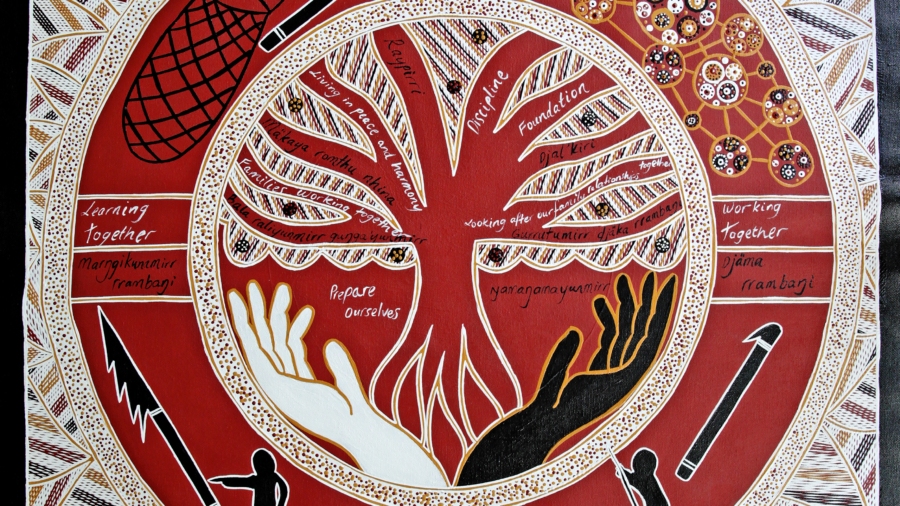
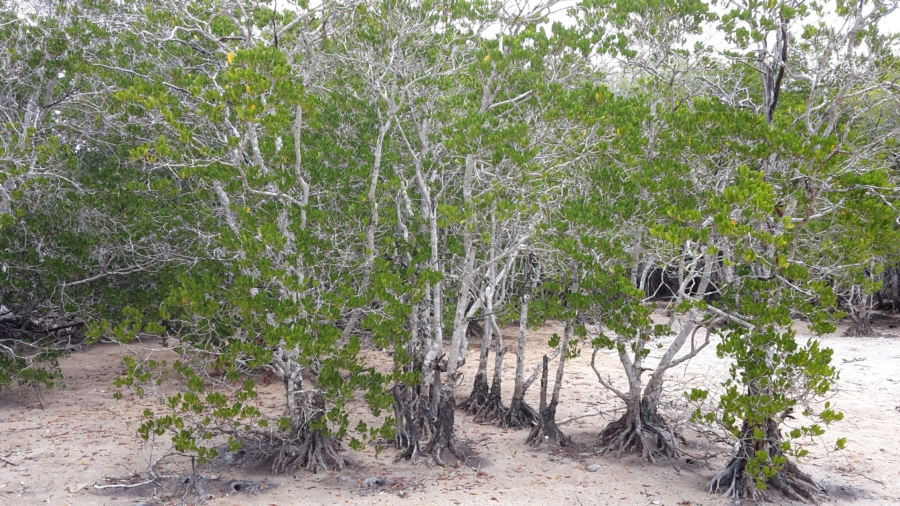

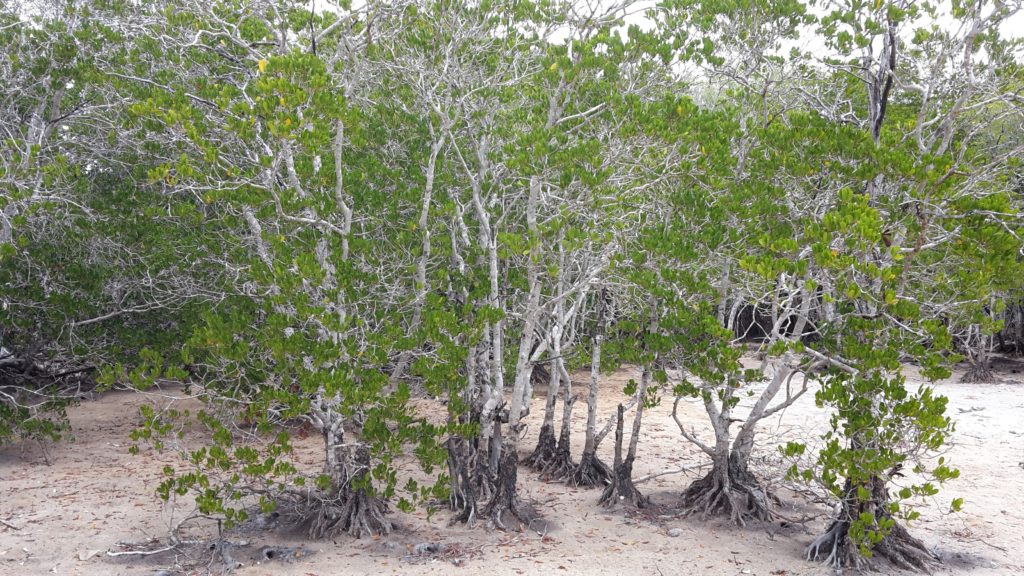
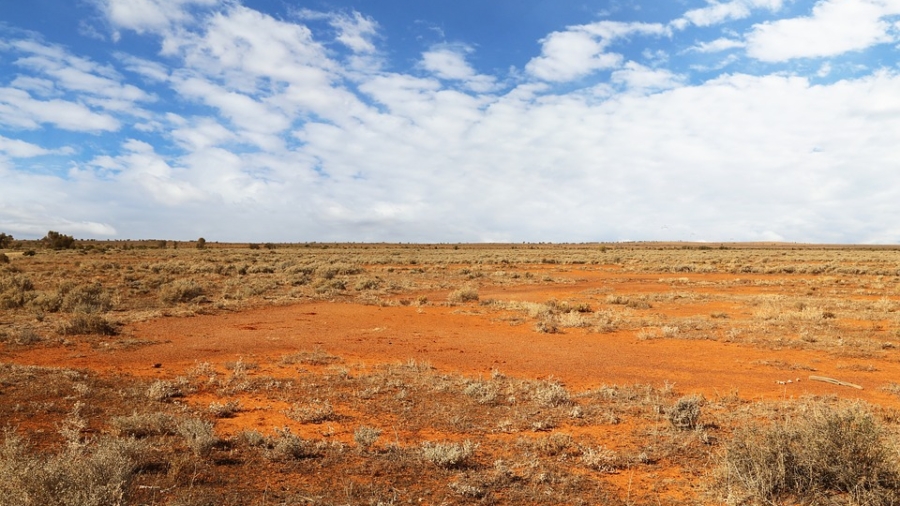
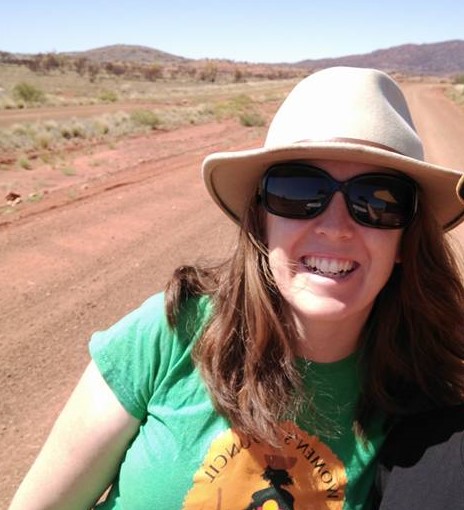 There’s something about the blue sky, the sparse landscape and the weaving of cultural stories that drew Louise O’Connor to Australia’s red centre. Far from her homeland of Ireland and not satisfied with the big city lights of Melbourne, Louise O’Connor packed up her meagre belongings and head to Alice Springs. She found herself working with the Ngaanyatjarra Pitjantatjara Yankunytjatjara Women’s Council as a Domestic and Family Violence Case Worker and hasn’t looked back. Since arriving, Louise has been drawn to narrative therapy as an approach for working respectfully with Aboriginal women. She now supports a team of case workers implementing the Council’s new domestic and family violence prevention framework developed in consultation with the Australian Childhood Foundation and the large group of women they support in the NPY lands. Louise brought with her a long history of case work with refugees and asylum seekers, youth and people at risk of homelessness or in crisis, both in Australia and Ireland. Louise’s passion for sharing stories and helping others tell theirs shines through in my conversation this week on ‘Talk the Walk’.
There’s something about the blue sky, the sparse landscape and the weaving of cultural stories that drew Louise O’Connor to Australia’s red centre. Far from her homeland of Ireland and not satisfied with the big city lights of Melbourne, Louise O’Connor packed up her meagre belongings and head to Alice Springs. She found herself working with the Ngaanyatjarra Pitjantatjara Yankunytjatjara Women’s Council as a Domestic and Family Violence Case Worker and hasn’t looked back. Since arriving, Louise has been drawn to narrative therapy as an approach for working respectfully with Aboriginal women. She now supports a team of case workers implementing the Council’s new domestic and family violence prevention framework developed in consultation with the Australian Childhood Foundation and the large group of women they support in the NPY lands. Louise brought with her a long history of case work with refugees and asylum seekers, youth and people at risk of homelessness or in crisis, both in Australia and Ireland. Louise’s passion for sharing stories and helping others tell theirs shines through in my conversation this week on ‘Talk the Walk’.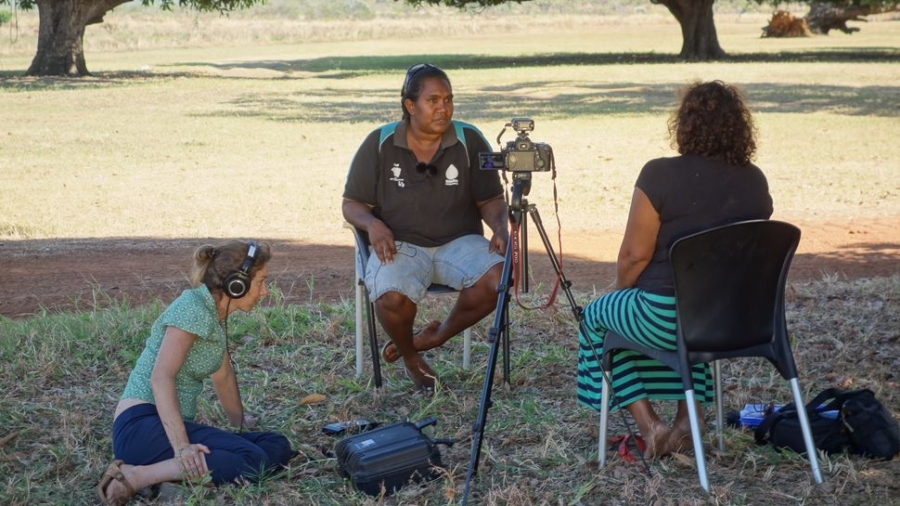
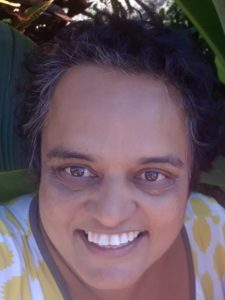 You don’t have to search too far to listen to the stories of despair, destruction or trauma in Aboriginal communities. These are widely played out in our media. However if we listen with intention much deeper, we will find something richer and more telling. The absent but implicit in these stories, are signs of strength, hope and resilience.
You don’t have to search too far to listen to the stories of despair, destruction or trauma in Aboriginal communities. These are widely played out in our media. However if we listen with intention much deeper, we will find something richer and more telling. The absent but implicit in these stories, are signs of strength, hope and resilience.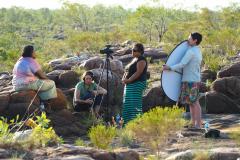
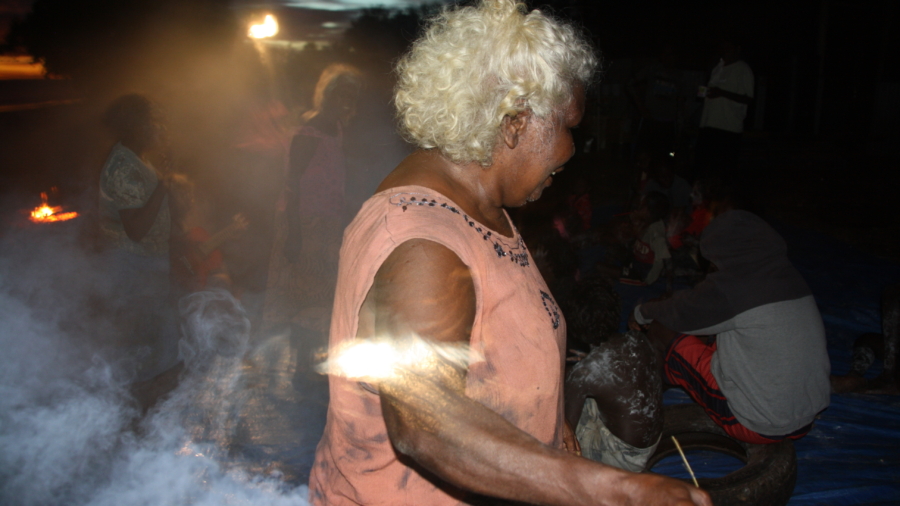

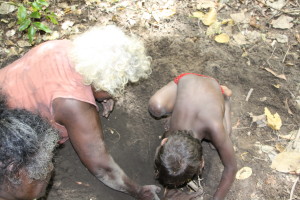
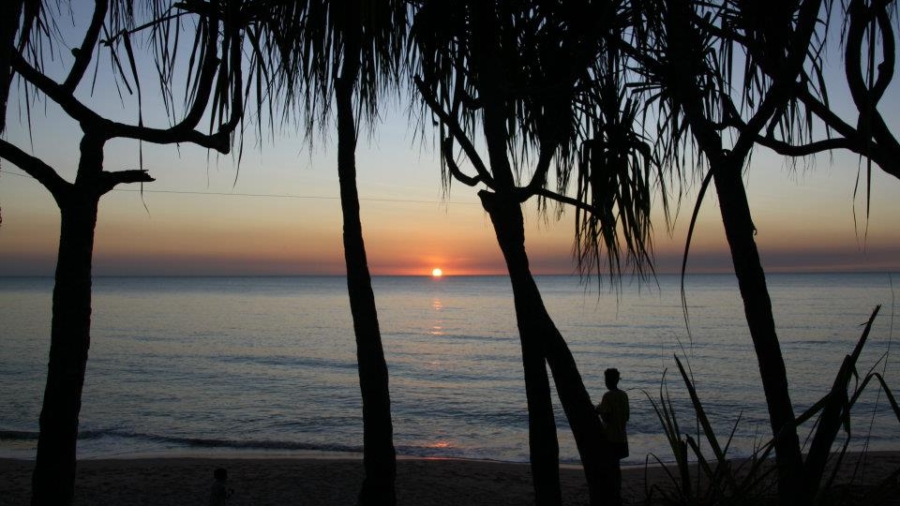
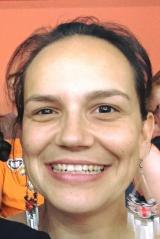 What’s it like to walk in two worlds, as a non-Indigenous social worker in a remote Aboriginal community, fresh out of university?
What’s it like to walk in two worlds, as a non-Indigenous social worker in a remote Aboriginal community, fresh out of university?